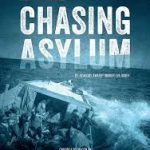 The opening claustrophobic vision of ‘Chasing Asylum’ sets the scene for the harrowing journey ahead of us.
The opening claustrophobic vision of ‘Chasing Asylum’ sets the scene for the harrowing journey ahead of us.
We are huddled in the middle of a fishing boat with the wide ocean spread out on all sides and sea spray flying about us. The only sound is the ‘thut-thut-thut’ of an engine. Wearing life-jackets and crouched under tarpaulin, men look anxiously back from where they’ve come. Only the front of the boat is visible as if it alone is being propelled forward by some unseen force.
It’s a striking and disturbing motif that returns throughout this distressing documentary by Academy and Emmy award-winning film-maker Eva Orner which outlines the litany of horrors, the only partly visible face of Australia’s asylum seeker policies.
Orner won an Oscar for producing 2007’s Taxi to the Dark Side, documentarian Alex Gibney’s fastidious investigation into torture practices conducted by America in the name of the “war on terror.”
This too is an investigation into another form of torture. Most of us are already aware of the litany of human rights failures caused by this policy and they are repeated here – the murder of Reza Barati, the death of Iranian refugee Omid Masoumali, and a Bangladeshi man dying from suspected heart failure; the casual racism of security staff and reported rape of female detainees.
But this documentary goes behind the bald facts and statistics and penetrates the human stories behind the facts. We see close-up the faces (but sometimes not the faces) of those on the front-line – the asylum seekers themselves, relegated to Manus Island and Nauru, cut off from families and support with no futures; the support workers, some just out of their teens, finding themselves suddenly without training in how to deal with traumatised people and expected to know how to use a Hoffman knife, one used to cut down people who had attempted hanging.
Low-fi phone-recorded vision takes us into the innards of the camps, shaky and truncated vision of semi comatose men lying on bunks in stifling heat, filthy toilets and ‘welcome to coffin’ graffiti sprawled on walls. This is a place of no hope.
It is a shock to be reminded that the United Nations has already accused Australia of ‘torture’ in these detention centres. We might well ask: ‘How did we get to this?’ The only way to explain where we find ourselves now is that we were seduced step by step by several governments’ assertions that offshore detention was the only way. We allowed ourselves to be persuaded and now suddenly we are torturers on the world stage.
‘Chasing Asylum’ tells the personal stories of ‘people just like us’, as advocates prefer to label those seeking asylum. Statistics can be compelling but something changes in us when we meet individuals, see the faces of asylum seekers and hear of the dangers faced in their own countries and what propelled them to undertake this dangerous journey.
It appears there are at least 10,000 asylum seekers trapped in camps in Indonesia, cut off in 2013 when Australia made it impossible for those travelling by boat to ever settle here. We hear their stories and begin to understand how they have been duped by an outgoing tide of public disinterest.
Despite the ‘Stop the Boats’ mantra, the Prime Minister revealed only yesterday that in fact the Coalition had turned back 28 asylum seeker boats in the last three years. The strength of this documentary is that it suspends political rhetoric and allows humanity and compassion to seep into the argument. It so happens that I read an article this morning in Eureka Street asking how our policy might change were the Prime Minister himself to visit Manus Island.
‘Chasing Asylum’ does the next best thing, takes us into the personal stories of asylum seekers and allows something to shift almost imperceptibly.
As we, the 400 who had watched this documentary in Geelong last night staggered dazed from the theater, it was a wonder we didn’t immediately take to the streets demanding back our compassionate reputation that we always believed we were capable of. Instead we walked like mourners from a funeral, barely suppressing our anger and our hurt. This is a ‘must-see’ documentary that well may supply the ignition for a return to a more open and compassionate Australia.

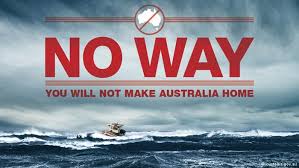

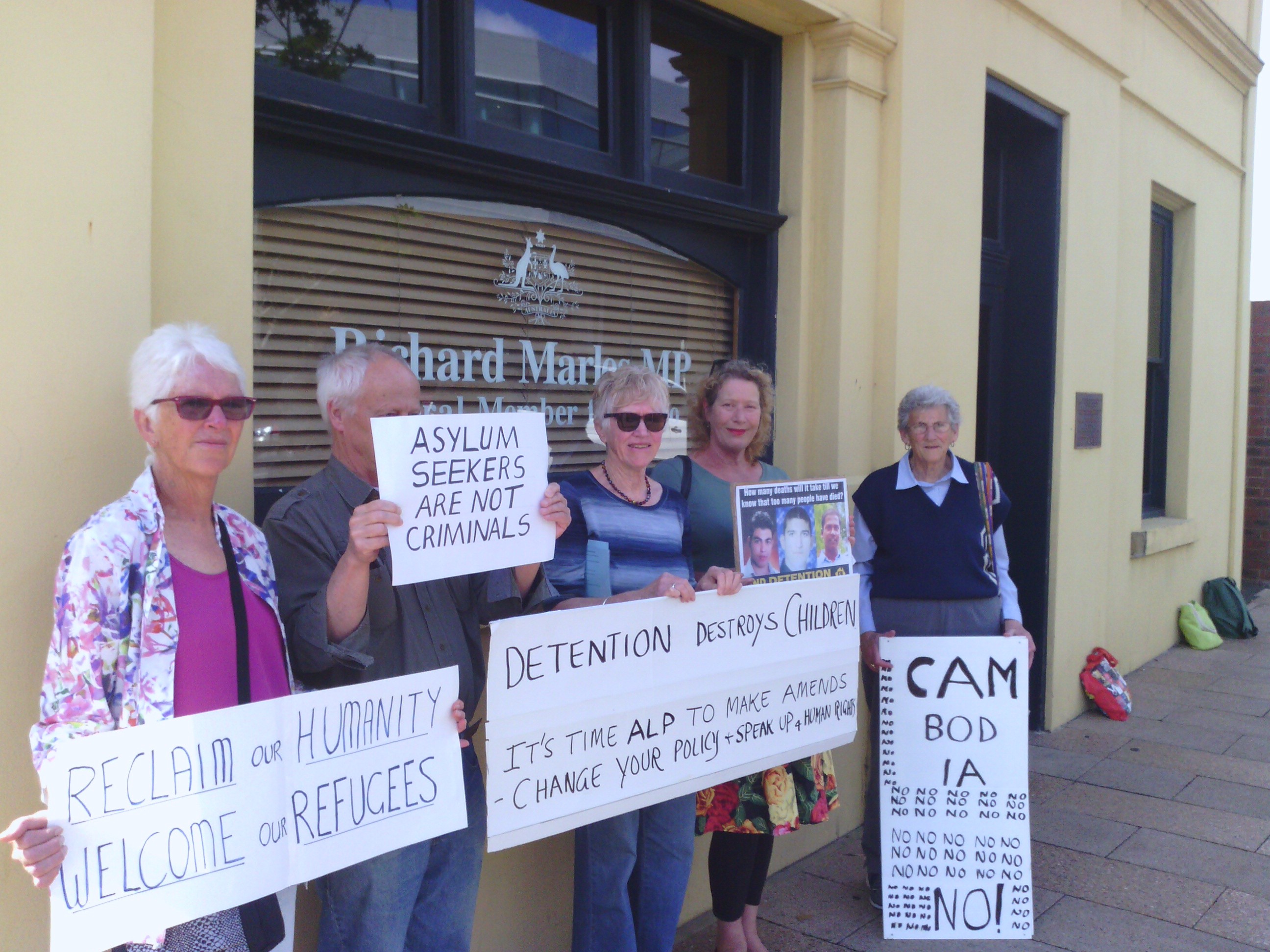
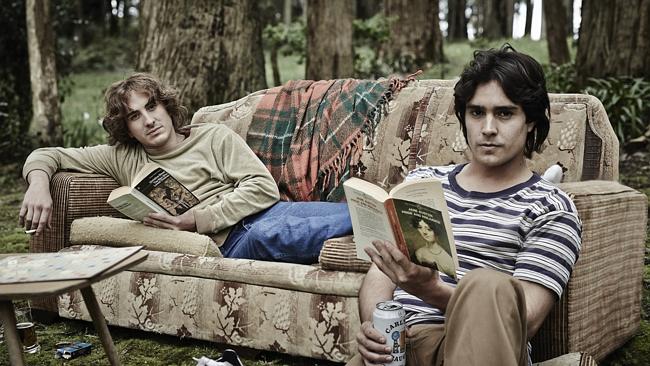


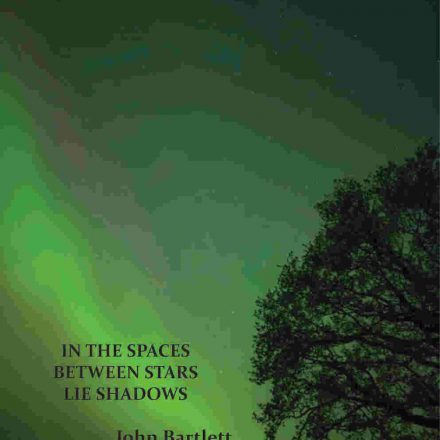
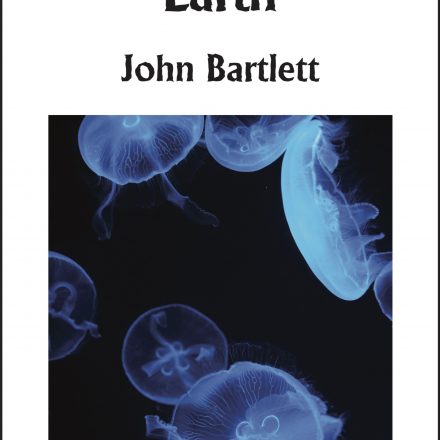
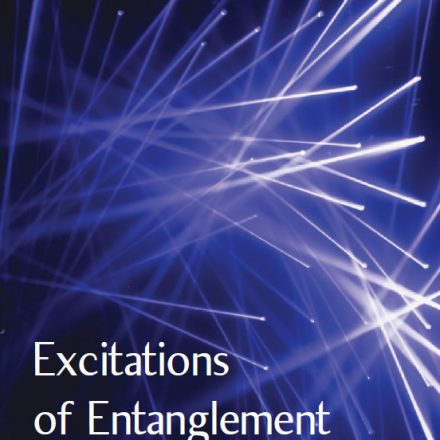
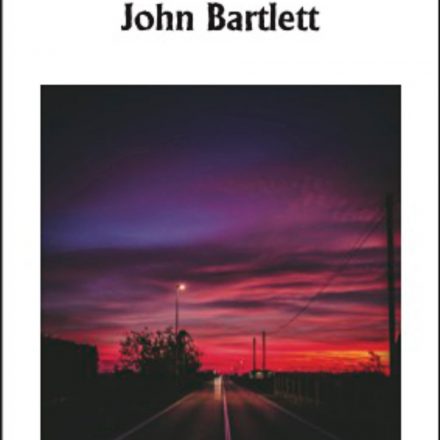
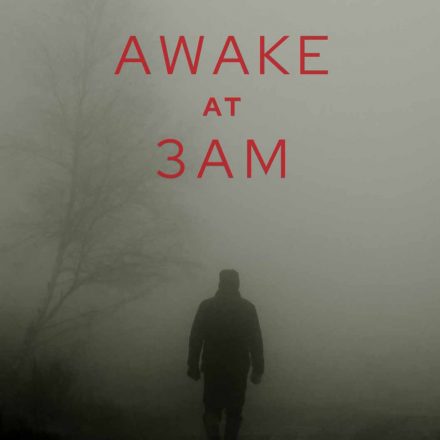
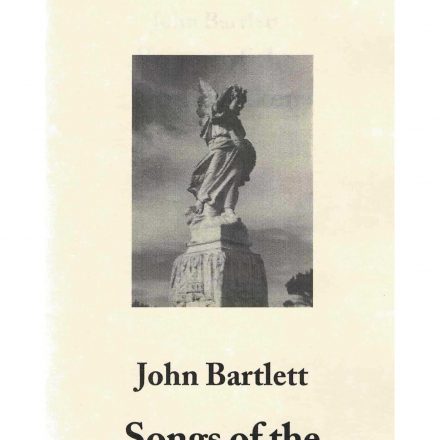
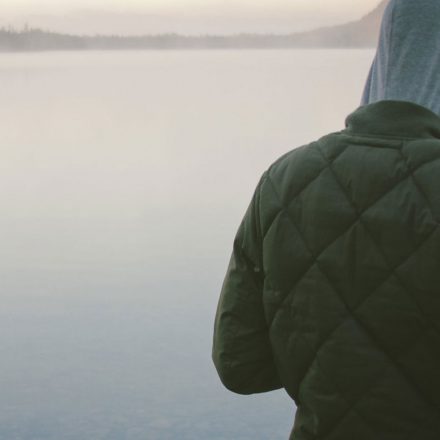
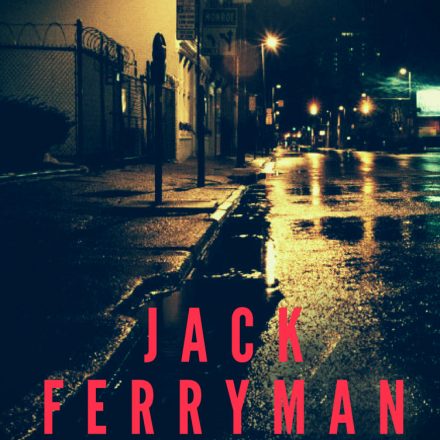
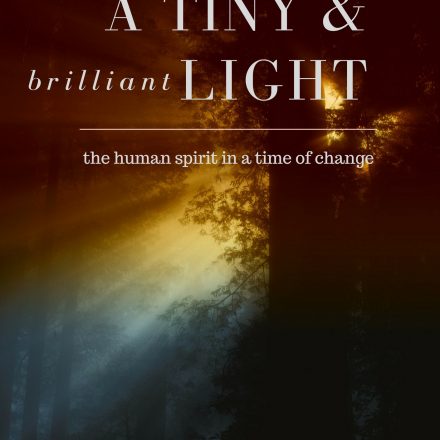










Frustrated by the bi-partisan policy of concentration camps in the Pacific, I will vote for the Greens or independent candidates in the coming Federal Election. I can no longer support the ALP while it proudly proclaims to us all how strong they are on “stopping the boats”. And, despite the initial optimism generated by Malcolm Turnbull taking over as leader, the LNP Coalition continues to demonstrate, by their intransigence in the face of so much evidence of criminal neglect, just how inhumane their “stop the boats” policy is in practice.
For the first time since I resigned from the Australian Democrats in 1983, I will hand out how to vote cards next Saturday, this time for GetUp!, who have run campaigns with the Asylum Seekers Resource Centre. Their cards show in each marginal electorate the candidates’ positions on asylum seekers as well as on other policy areas with significant impact on people’s lives.
Totally agree that it is a MUST SEE. Just brought home how broken the asylum seekers and refugees are in Nauru and Manus Island. Plus the total disempowerment of those caring for these poor people; the brutality of guards and indifference of the Minister and his department to the physical, medical and mental needs of these people.
Thanks John lets hope it inspires Australians to stand up and be counted